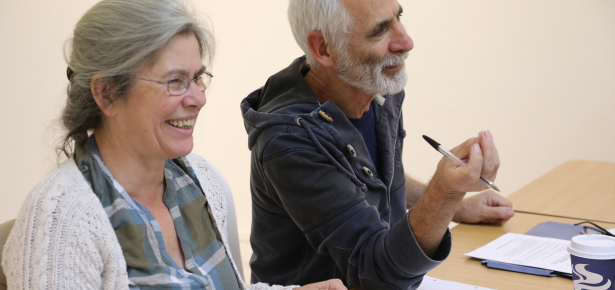
Image by KT Bruce
Writers looking for guidance as they embark on their first novel or short story will often come across neat formulations – little nuggets of advice that can be easily swallowed: ‘Write what you know’; ‘Show, don’t tell’.
Too easily swallowed, perhaps. One of the reasons we wrote The Book You Need to Read to Write the Book You Want to Write was that we wanted to encourage aspiring writers to examine all advice, including our own, with a view to expanding their understanding of the writer’s art. Neat formulations may not be entirely worthless, but they simplify complex matters in ways that may limit the scope of any developing writer.
‘Write what you know’? Well, it depends on how you interpret the advice. Would-be fiction-writers often begin by writing what is, in effect, autobiography, closely following the contours of their own personal experience. In a few cases this may produce good fiction, but in many cases they might be well advised to stick less closely to what they know – to test how far they can depart from their own experience (and their own attitudes to that experience) in the service of a more artfully structured narrative populated by a range of characters whose thoughts and feelings are not (or are not simply) those of their author. No serious writer wants to write from a position of ignorance, and in that sense the advice holds good; but the best writers understand that, through a combination of research and imagination, they can significantly extend the boundaries of their knowledge, and that their writing will benefit from the discovery of territories unknown to them when they began their explorations.
‘Show, don’t tell’? It’s the prohibition in that well-known mantra that should ring alarm bells for any thoughtful writer. It’s true that many developing writers are inclined to explain matters to the reader at points where oblique revelation would be a far better strategy, but there are times when a direct approach is necessary, or at least desirable. There’s no substitute for careful consideration and discussion of the ins and outs of a matter of this kind, but if we were forced to express the idea in nugget form, we might say: ‘Where possible, it’s usually better to show than to tell.’ Not as punchy as ‘Show, don’t tell’, but considerably more helpful.
Our over-arching advice to developing writers is to search out guidance that seems expansive, nuanced, and generally responsive to the complexities and uncertainties implicit in any truly creative enterprise. Take time to explore, we say; don’t be afraid to ask difficult questions; don’t accept easy answers.
Latest Comments
Have your say!